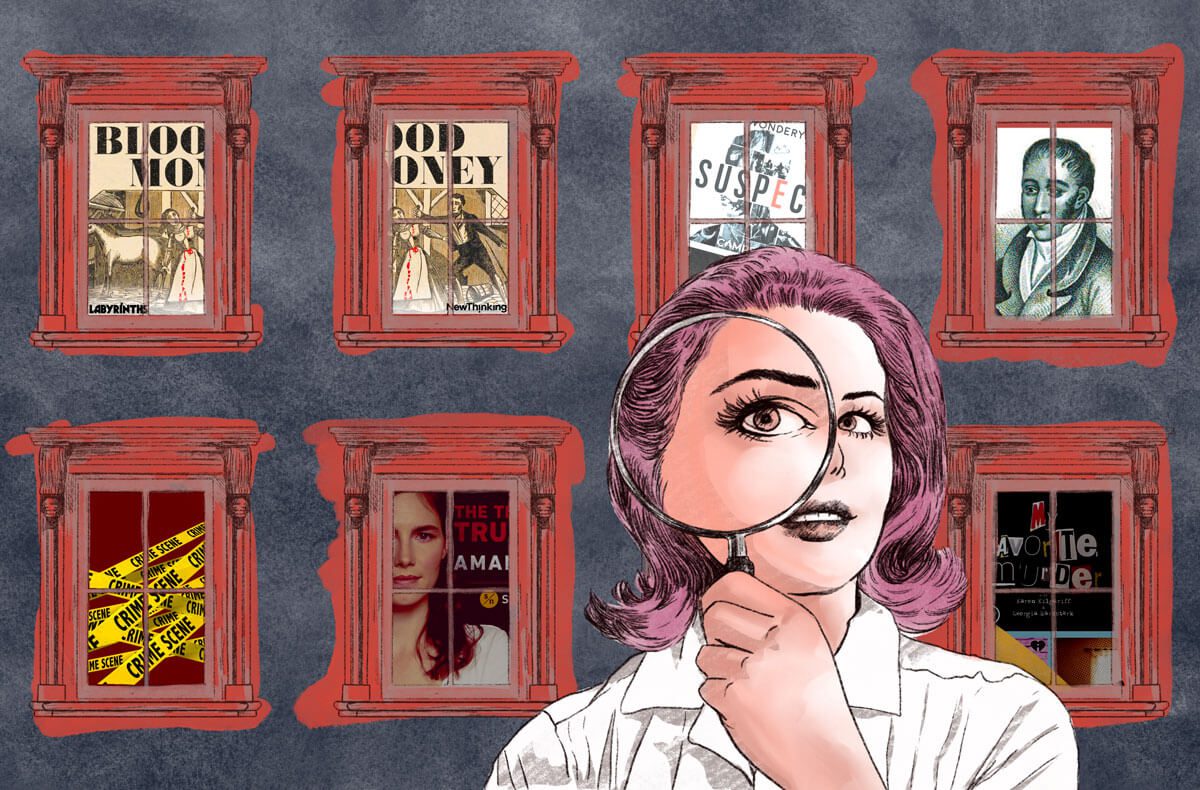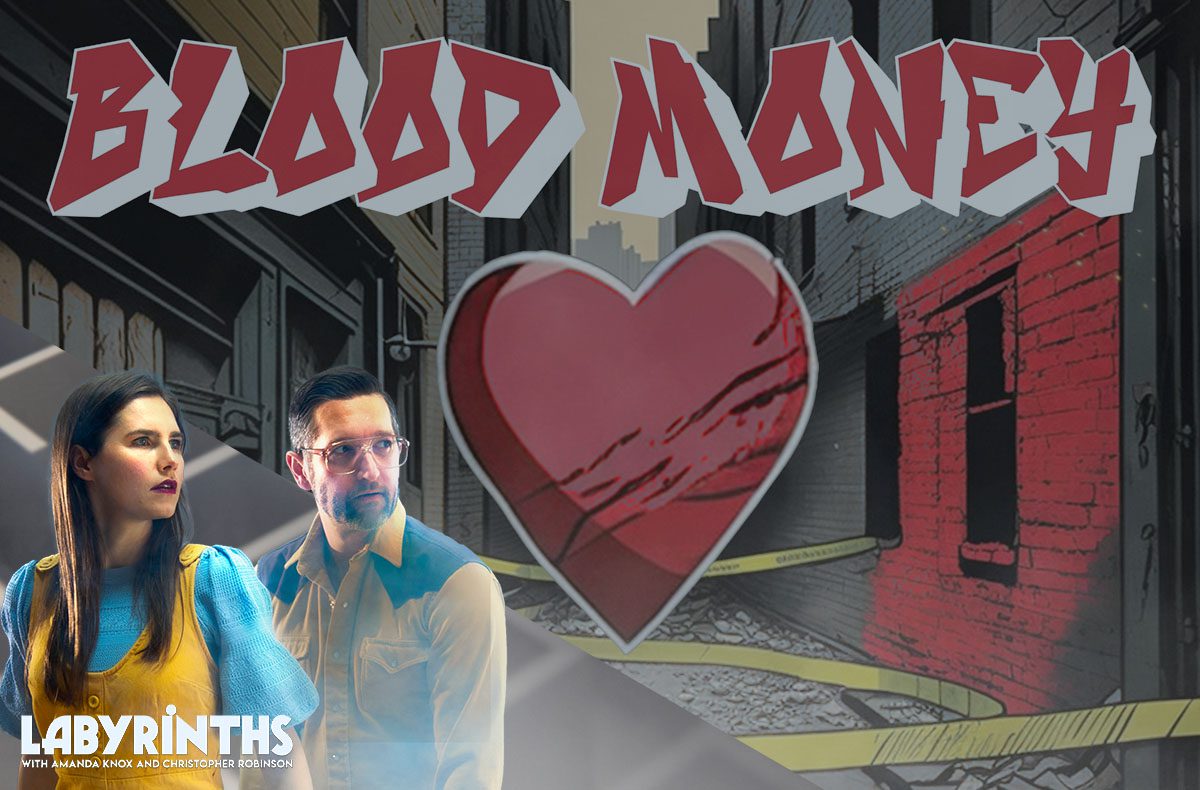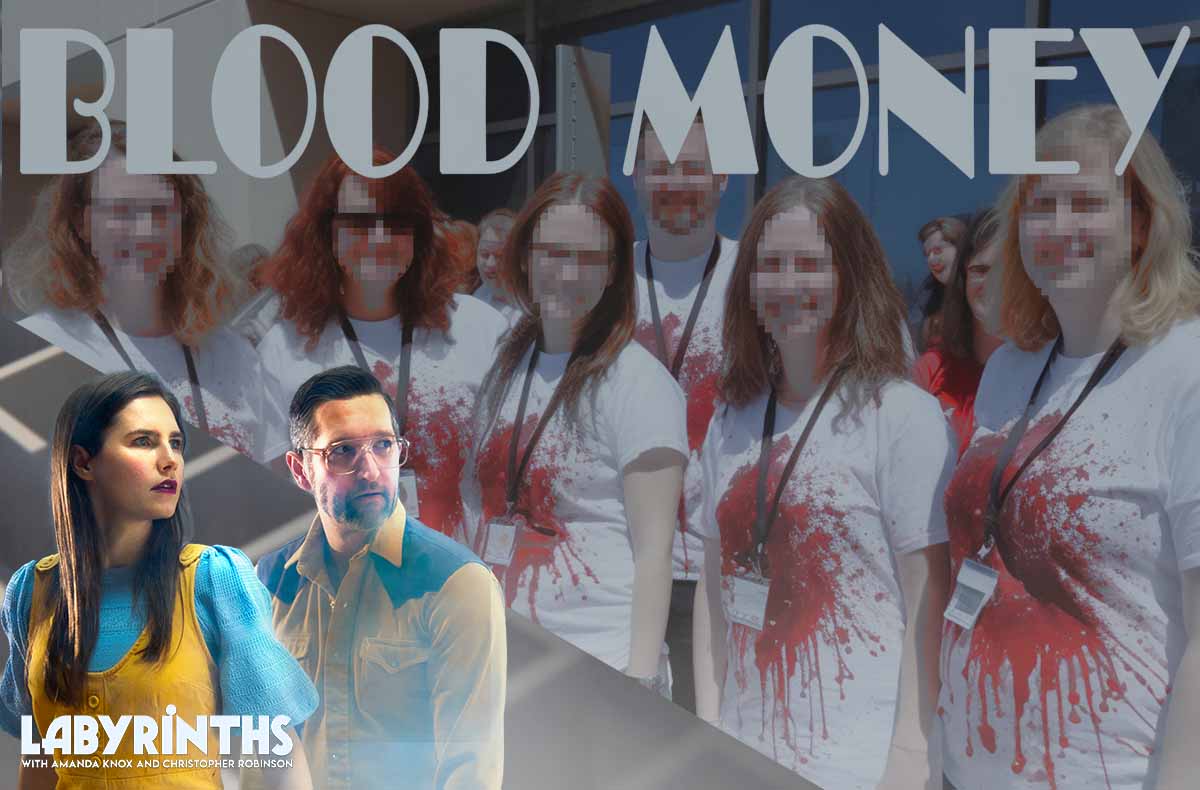
I’m sure you’ve encountered the term “straw man,” as in attacking the straw man, i.e. the weakest version of an opponent’s argument. For the longest time, this was a term without its implied counterpart. The term “steel man” is still quite obscure but has gained traction in the last decade through the rationalist community.
The idea of steelmanning is that when you disagree with someone, you should first listen carefully and then present back the strongest possible version of their position or idea, so much so that they say, “That’s exactly what I believe and I wish I’d phrased it so eloquently.” If you can counter or argue against the steelman version of their position, you might actually get somewhere, or you might see something of value in their position and change your own mind.
The words and phrases we have at our disposal shape our perceptions of how we view our available actions. Before the term steel man came into use, it was easy to call out the bad faith tactic of attacking the straw man, but it was difficult to see what the alternative was. Tim Urban of Waitbutwhy.com recently noticed a similar issue with the term echo chamber.
It’s a useful phrase to describe an ideologically homogenous space where the most extreme positions just get louder and louder, and where people who dissent are ostracized. But what’s the opposite of an echo chamber? We didn’t have a word, so Tim coined one: idea lab, a social space where dissent is prized and where individuals are respected, but ideas must duke it out in the ring to survive. Having a term for this helps us better recognize how to build such spaces and maintain them.
I’ve noticed that our language is lacking a few helpful terms as well, and so I’ve decided to coin two new phrases that I hope can help us better identify certain unethical media behaviors so that we can call them out when we see them and be on guard against them in our writing and debate.
You know what cherry-picking is: finding the juicy, sweet examples that support your cause and presenting those as representative of the whole. But what’s the opposite of cherry-picking? Why, shit-picking of course, presenting only the turds in a field of grass, while ignoring the wildflowers.
The other term I’m coining is also an opposite of a well-known phrase: seeing the world through rose-colored glasses. What’s the opposite of that unearned optimism? Seeing the world through polarized lenses, where everything is interpreted as both shady and divisive.
I find myself constantly on the wrong end of journalistic shit-picking and polarized lenses. Here’s an example:
A few months ago, an essay by an NYU student went viral. The author was complaining about her study abroad program in Florence, saying she hated every aspect of her semester abroad. The internet immediately started dumping on this girl, calling her entitled and privileged. I saw an opportunity for humor and I joined the fray, quote-tweeting the article with this: “Girl, what are you talking about? Studying abroad is awesome!”
Girl, what are you talking about? Studying abroad is awesome!https://t.co/xlEgCKTzqg
— Amanda Knox (@amandaknox) March 15, 2023
I was poking fun at her too, but doing so in a friendly way, and there was a double-layer to my joke. The most obvious layer was what most people got: You think your study abroad was bad? It could have been WAY worse. I’ve remained a strong proponent of the study abroad experience, in spite of what happened to me, and I’ve gone on the record saying so often.
I truly believe that studying abroad is awesome. Italy wasn’t even my first study abroad experience. I lived with a family in Japan at age 14. I will encourage my own daughter to study abroad when she’s old enough. And I gently encourage this one young woman to rethink her own negative attitude towards her time in Florence.
Well, my quote tweet went viral as well. To date it has 9 million impressions, 38 thousand likes, and nearly seven thousand retweets. If you scroll through the reactions, you’ll find tons of people reacting positively. “Masterful tweet,” “Tweet of the year,” “Still thinking about this and still laughing.”
It goes on and on as you might expect, given the 38,000 people who liked it. The official account for Merriam Webster even joined in the fun by replying to my tweet with the link to the definition of “spit-take.” That definition is: “the act of spitting out one’s drink in response to something funny or surprising especially for comedic effect.”
But if you are shit-picking and wearing polarized lenses, this whole internet moment can look very different. Of course the Daily Mail ran with the headline: Amanda Knox Slammed For Tweet Mocking Journalist. But the tabloids are an easy target, and this unethical practice is rampant in many more legit publications. So let’s look instead at how Newsweek reported on this.
Their headline: Merriam-Webster Trolls Amanda Knox Over ‘Tasteless’ Study Abroad Comment. To start, they frame the interaction between me and Merriam Webster as a conflict, rather than as two parties laughing together at the same joke. They see the interaction through polarized lenses. They then proceed to shit-pick a few negative responses from among the thousands, the vast majority of which were positive.
They quote one Twitter user who called my tweet a “vile, tasteless comment,” justifying their use of “tasteless” in their headline. They quote another saying “self-respect is more valuable than attention,” and a third saying “I’m sure the loved ones of the 21-year-old who was brutally murdered while studying abroad will find your joke hilarious.”
I made my joke fully aware that some people would react negatively: those who have fallen prey to what I call the single-victim fallacy, the false idea that there can only be one true victim in a case like this, when in fact there are many. Meredith was victimized by her killer, Rudy Gude; Raffaele Sollecito and I were victimized by the Italian justice system (and I continue to be maligned by the media).
I know that more and more people are coming to recognize the value of processing trauma through humor. So yes, I expected a few negative reactions, but the vast majority of people, judging by the comments, found my joke hilarious. Which is why it’s so disingenuous for Newsweek to shit-pick three negative responses and then say, “Not everyone was offended by Knox’s tweet, though, as a number of people praised her for the joke.”
I point this out not because I’m distraught over a click-bait Newsweek article, but because these unethical journalistic practices, which we haven’t had terms to adequately describe, happen all the time in relation to much more serious subjects. The absurdity is very clear in this case, and I hope it makes it easy to see shit-picking and polarized lenses in action when it comes to subjects like, for instance, the racial justice protests during the pandemic. The media coverage of those events fit this pattern, where the most violent examples were highlighted, the majority of peaceful demonstrations were ignored, and the whole issue was presented to generate maximum controversy and outrage.
The problem is that our media is incentivized to wear polarized lenses and engage in shit-picking because throwing shade and generating outrage gets the clicks. And individuals as social media users face the same incentives. So it’s on us to avoid shit-picking examples to make our ideological opponents look bad, and to take off our polarized lenses. Controversy and conflict can be self-fulfilling prophecies, and the better we get at refraining from these bad habits, the more we’ll be able to call them out, now that we know what to call them, when we see our media feeding us outrage manufactured from a pile of carefully chosen turds.



